Anthony Kennedy Quotes


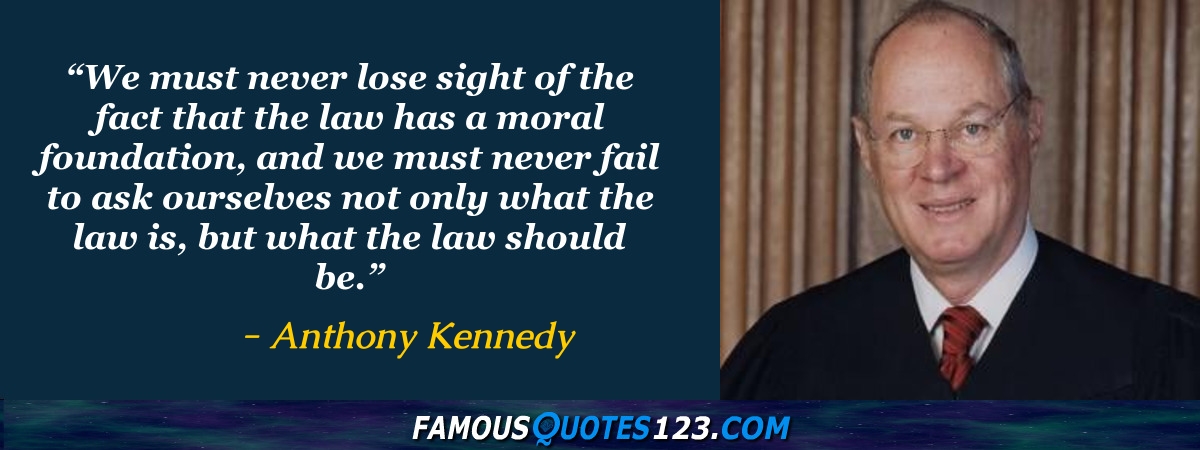
We must never lose sight of the fact that the law has a moral foundation, and we must never fail to ask ourselves not only what the law is, but what the law should be.
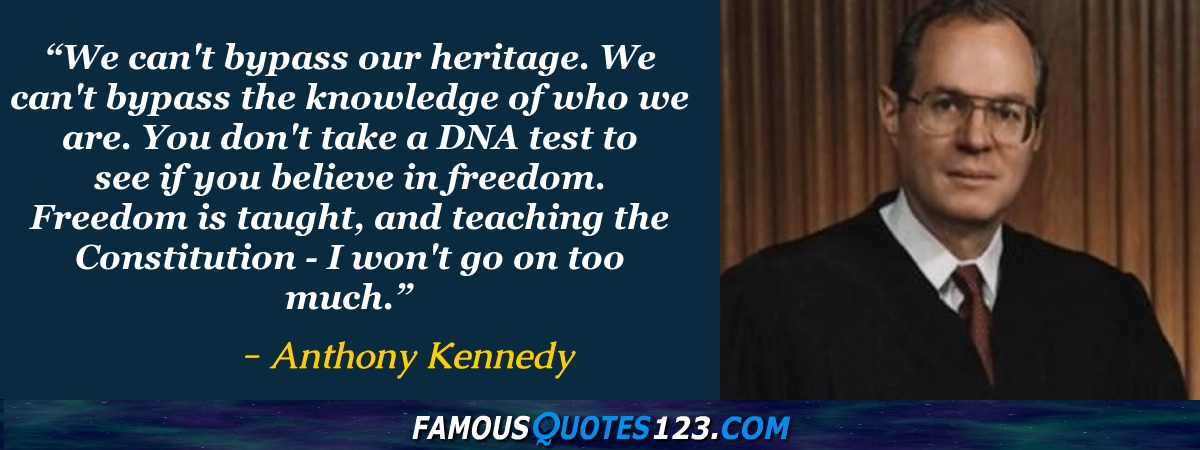
We can't bypass our heritage. We can't bypass the knowledge of who we are. You don't take a DNA test to see if you believe in freedom. Freedom is taught, and teaching the Constitution - I won't go on too much.
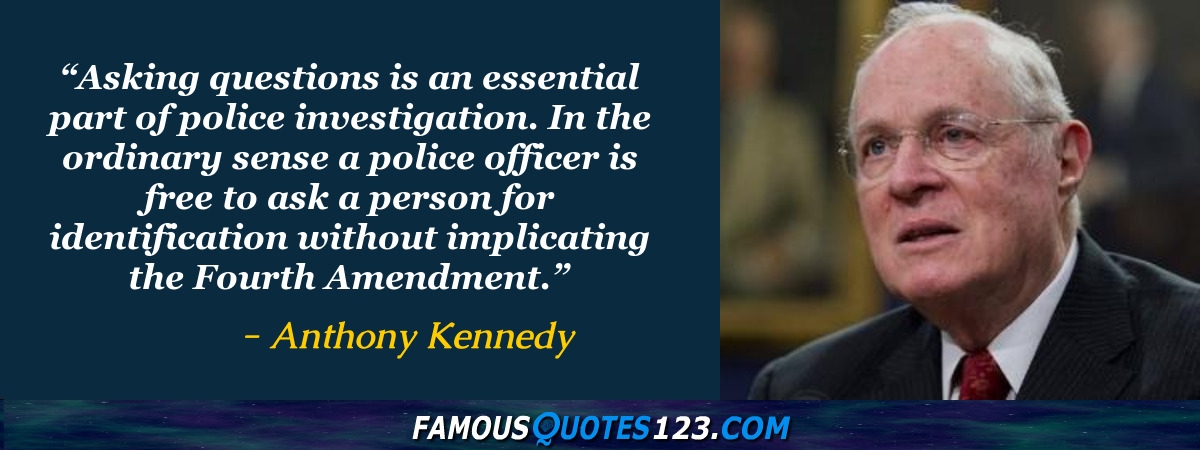
Asking questions is an essential part of police investigation. In the ordinary sense a police officer is free to ask a person for identification without implicating the Fourth Amendment.
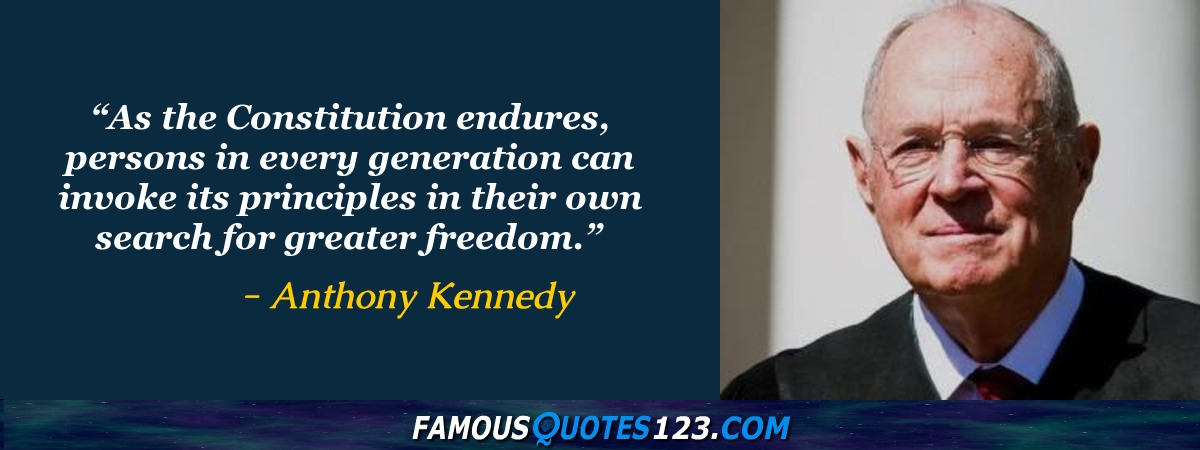
As the Constitution endures, persons in every generation can invoke its principles in their own search for greater freedom.
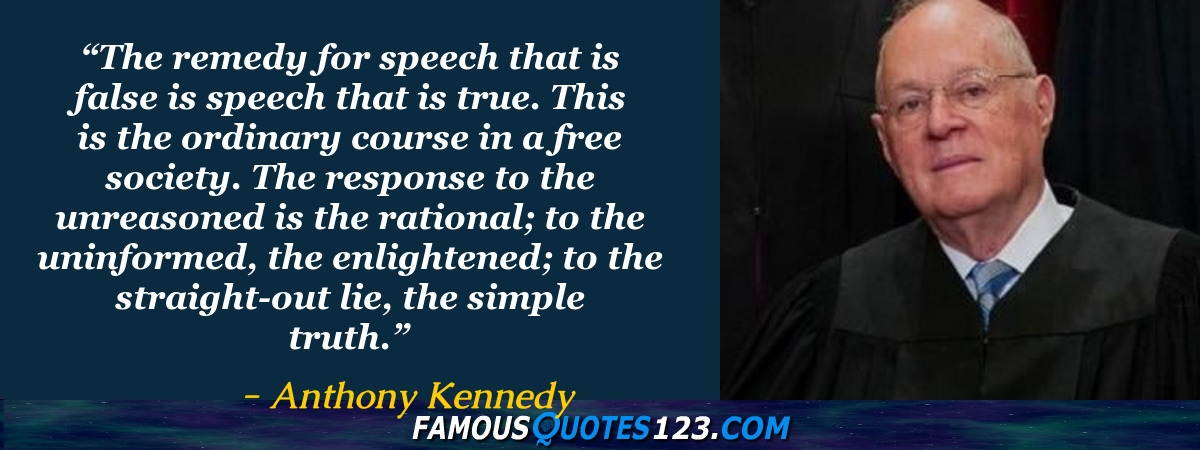
The remedy for speech that is false is speech that is true. This is the ordinary course in a free society. The response to the unreasoned is the rational; to the uninformed, the enlightened; to the straight-out lie, the simple truth.
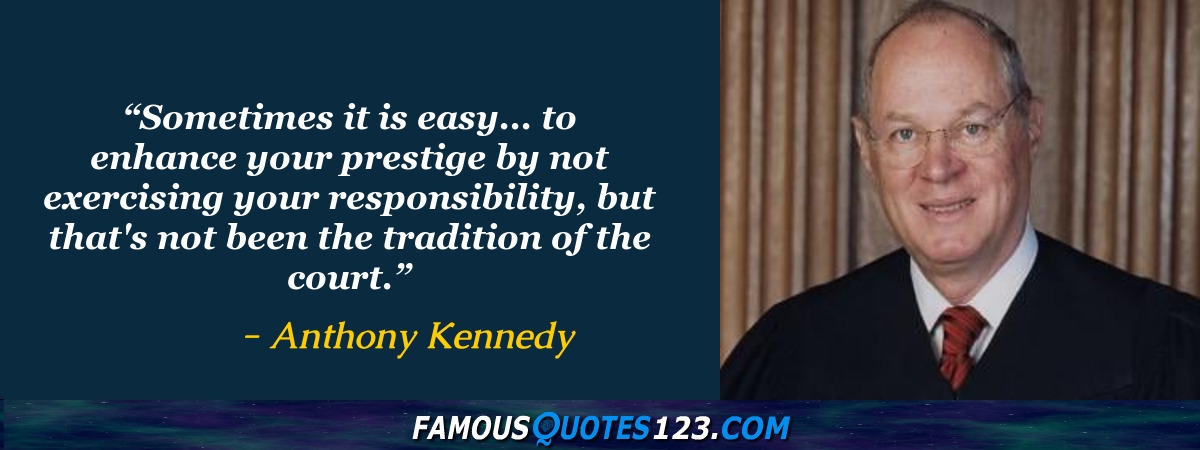
Sometimes it is easy... to enhance your prestige by not exercising your responsibility, but that's not been the tradition of the court.
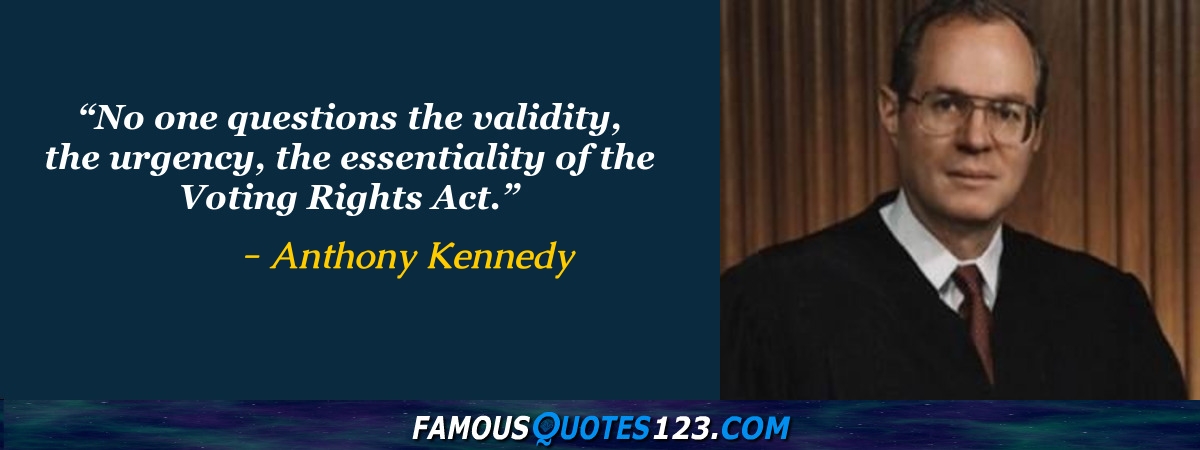
No one questions the validity, the urgency, the essentiality of the Voting Rights Act.
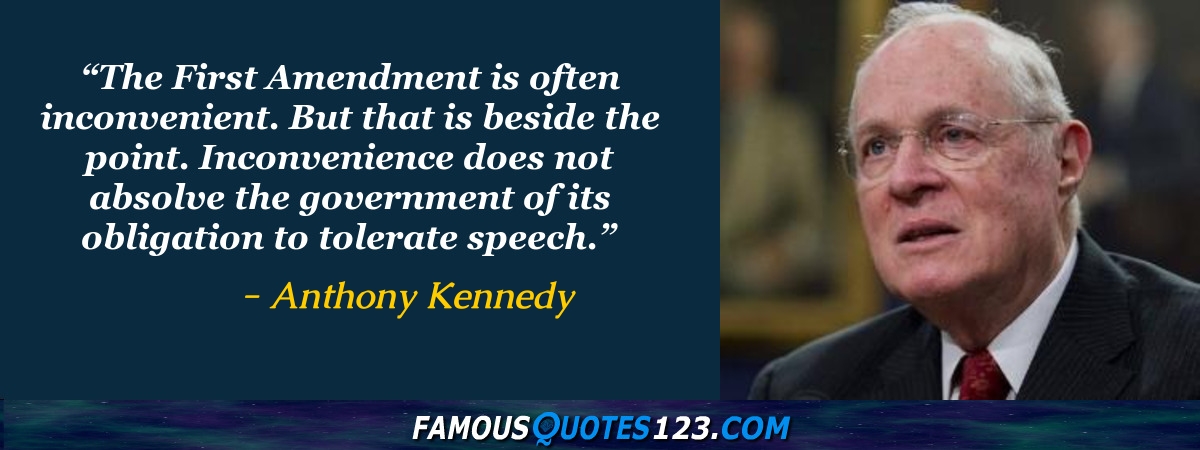
The First Amendment is often inconvenient. But that is beside the point. Inconvenience does not absolve the government of its obligation to tolerate speech.

No union is more profound than marriage, for it embodies the highest ideals of love, fidelity, devotion, sacrifice, and family. In forming a marital union, two people become something greater than they once were.
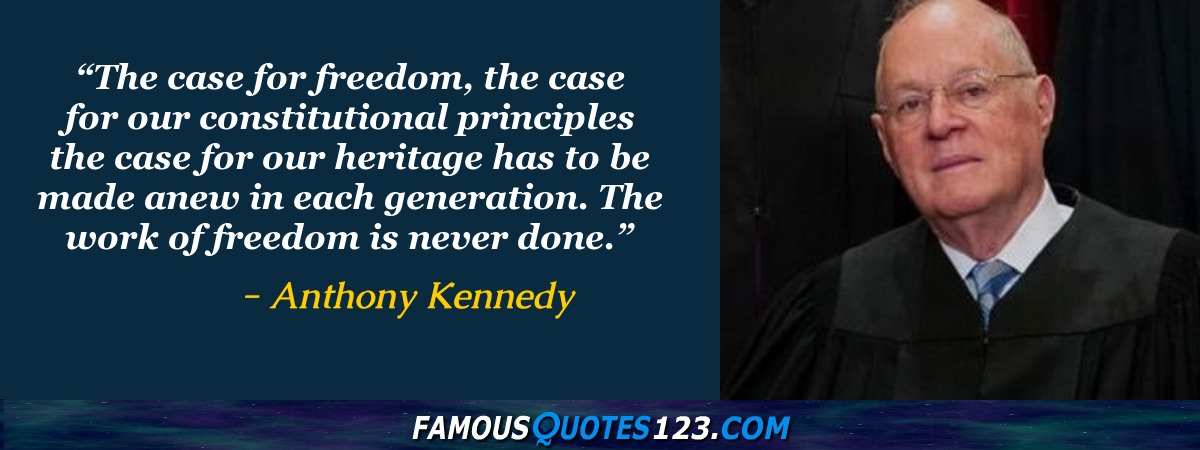
The case for freedom, the case for our constitutional principles the case for our heritage has to be made anew in each generation. The work of freedom is never done.
Our system presumes that there are certain principles that are more important than the temper of the times. And you must have a judge who is detached, who is independent, who is fair, who is committed only to those principles and not public pressures of other sort. That's the meaning of neutrality.
A commitment to the Constitution is not something that's genetic. It's not inherited. It's not automatic. It has to be taught. And each generation must learn about the Constitution and the values of constitutional institutions within the context of their own time, within the environment of their own time.
'1984,' one of the most important works ever written, helped us understand the Cold War. In '1984,' the dictatorship was always surveilling you. Now, young people want to be surveyed. They want people to know where they are at all times.
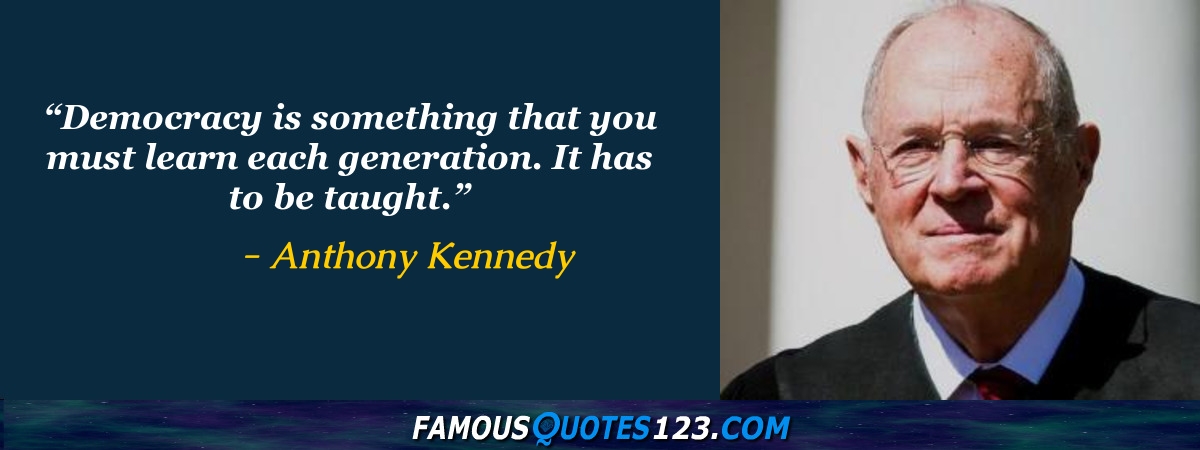
Democracy is something that you must learn each generation. It has to be taught.
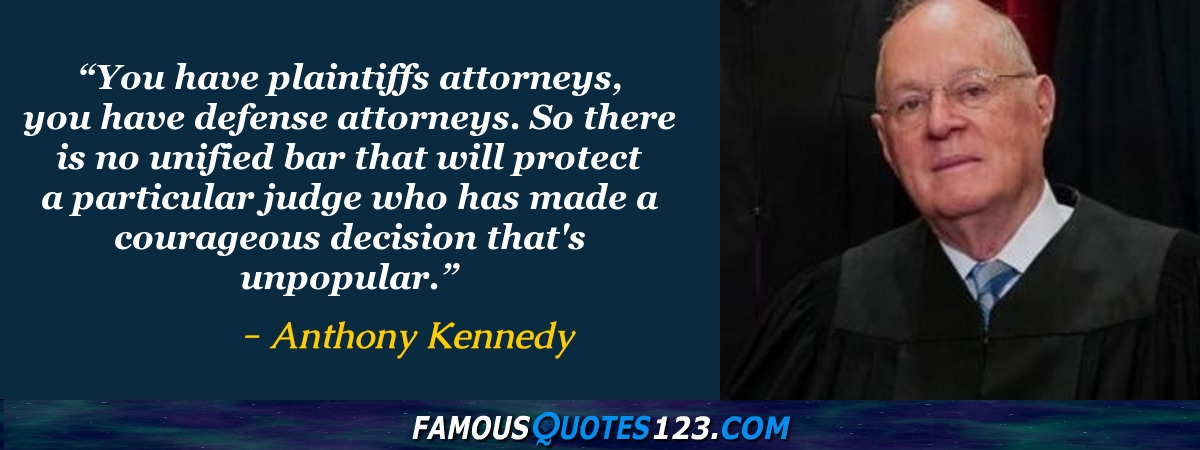
You have plaintiffs attorneys, you have defense attorneys. So there is no unified bar that will protect a particular judge who has made a courageous decision that's unpopular.
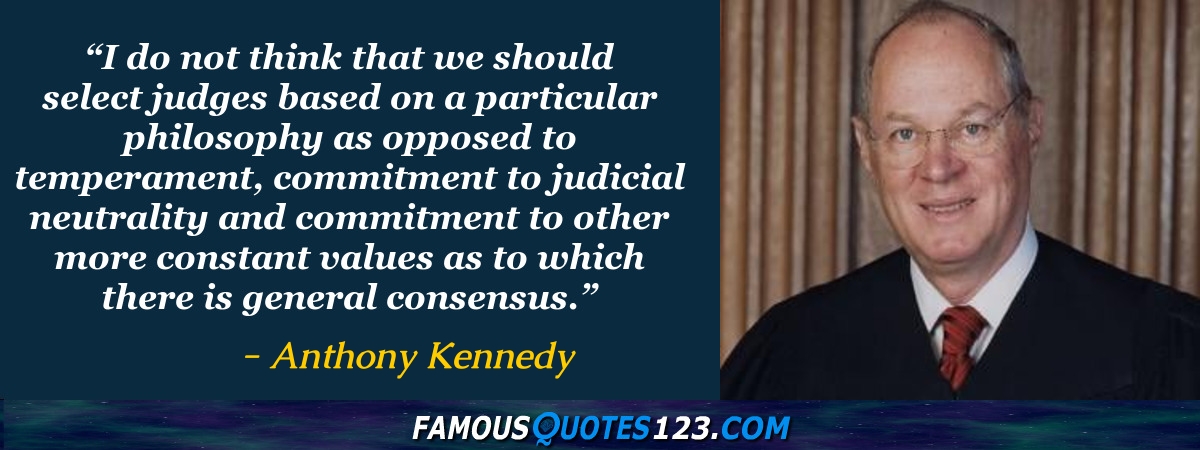
I do not think that we should select judges based on a particular philosophy as opposed to temperament, commitment to judicial neutrality and commitment to other more constant values as to which there is general consensus.
A judge sometimes must release a criminal. He doesn't like it, she doesn't like it, but the law requires it. And the context of an election in which you are "soft on crime" betrays a misunderstanding of the judicial process and a misunderstanding of the Constitution.
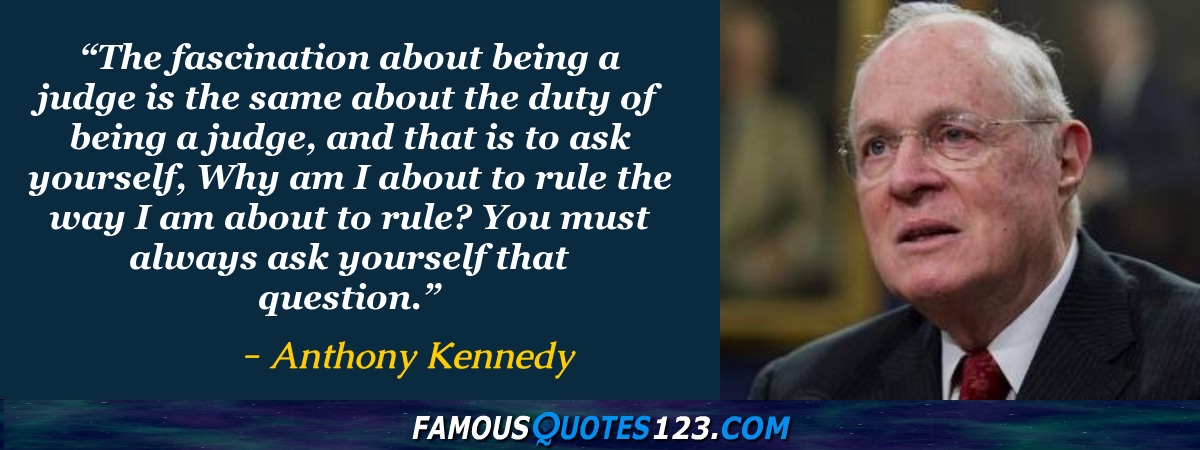
The fascination about being a judge is the same about the duty of being a judge, and that is to ask yourself, Why am I about to rule the way I am about to rule? You must always ask yourself that question.
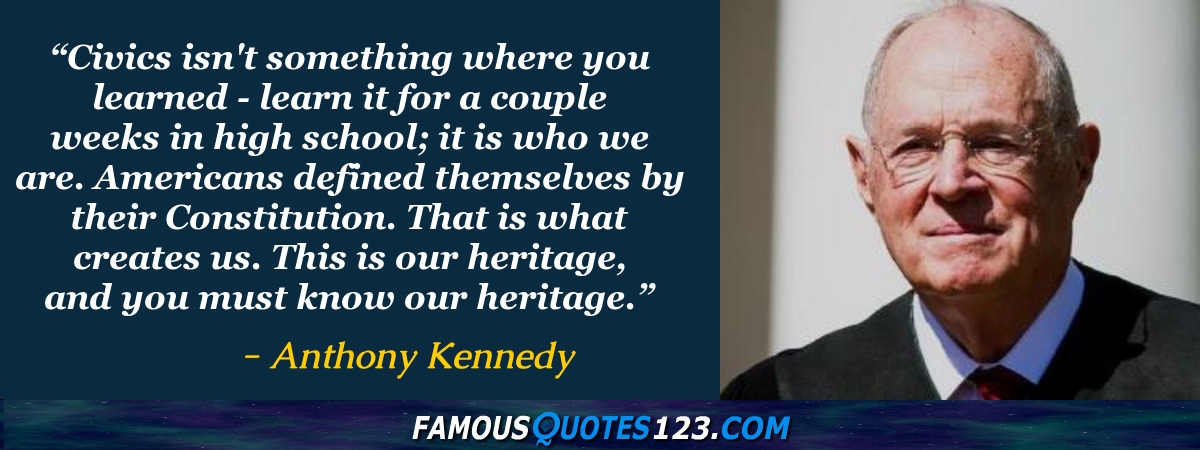
Civics isn't something where you learned - learn it for a couple weeks in high school; it is who we are. Americans defined themselves by their Constitution. That is what creates us. This is our heritage, and you must know our heritage.
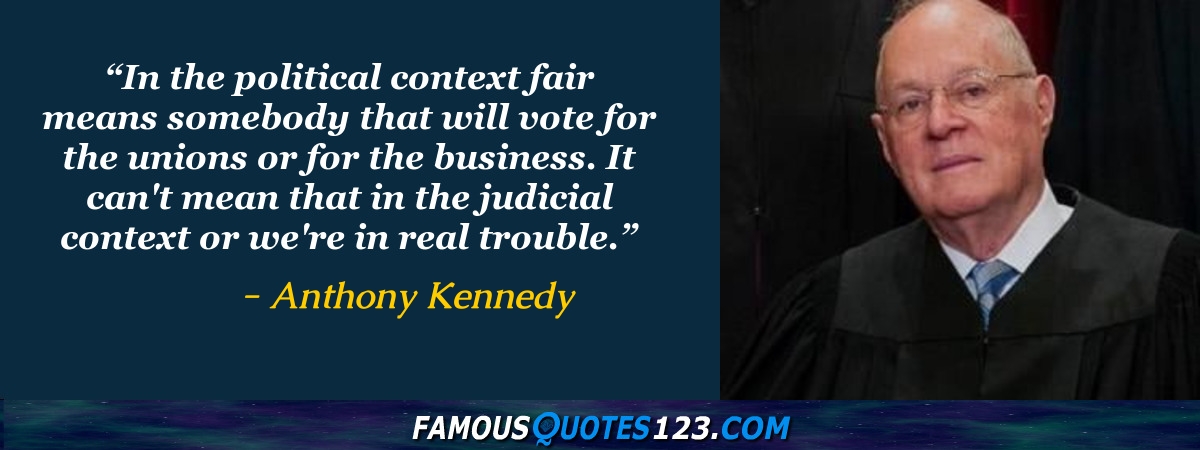
In the political context fair means somebody that will vote for the unions or for the business. It can't mean that in the judicial context or we're in real trouble.
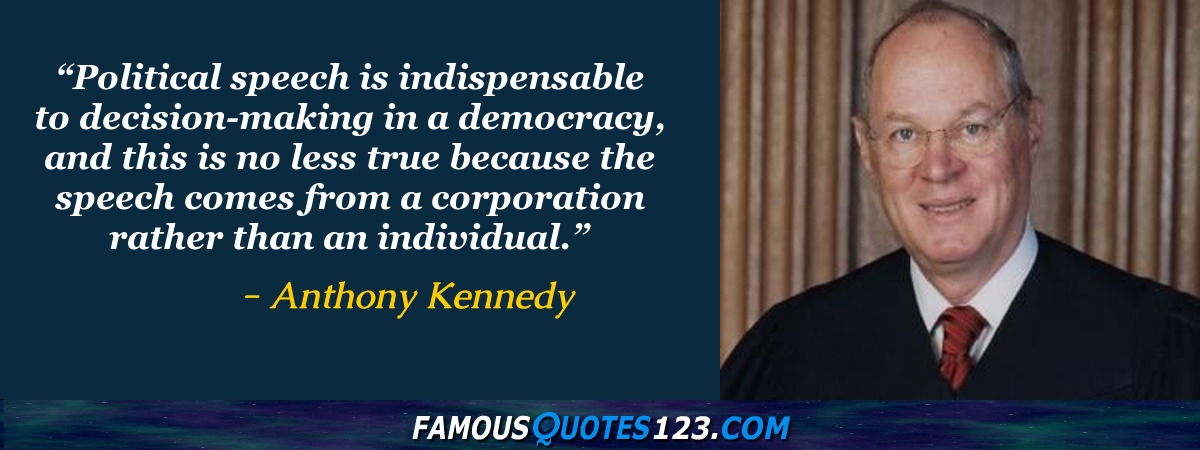
Political speech is indispensable to decision-making in a democracy, and this is no less true because the speech comes from a corporation rather than an individual.
If the case is close, 5-4, and let's say you are on the side that prevailed with the majority, there are not a lot of high-fives and back slaps. There is a moment of quiet, a moment of respect, maybe even sometimes awe in the process. We realize that one of us is going to have to write out a decision which teaches and gives reasons for what we do.
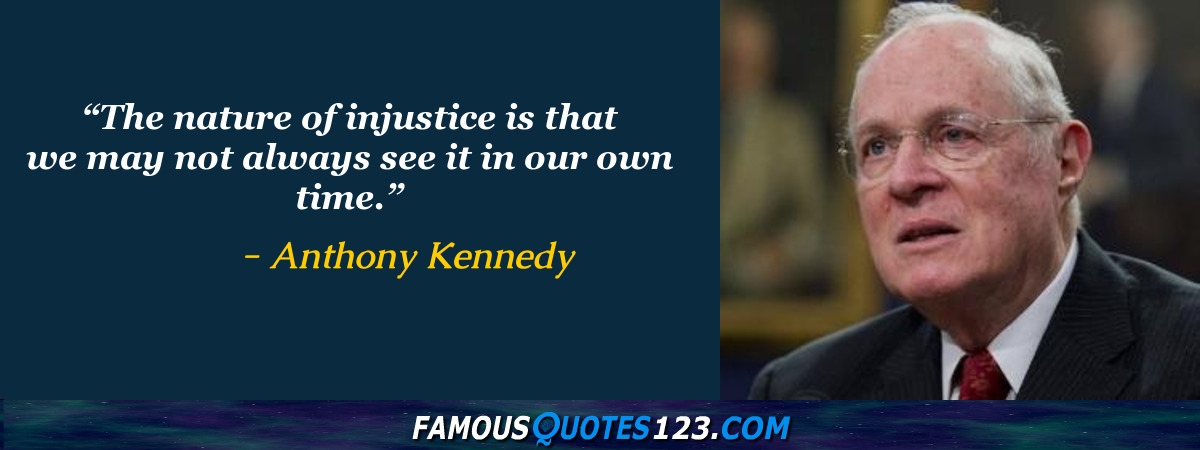
The nature of injustice is that we may not always see it in our own time.